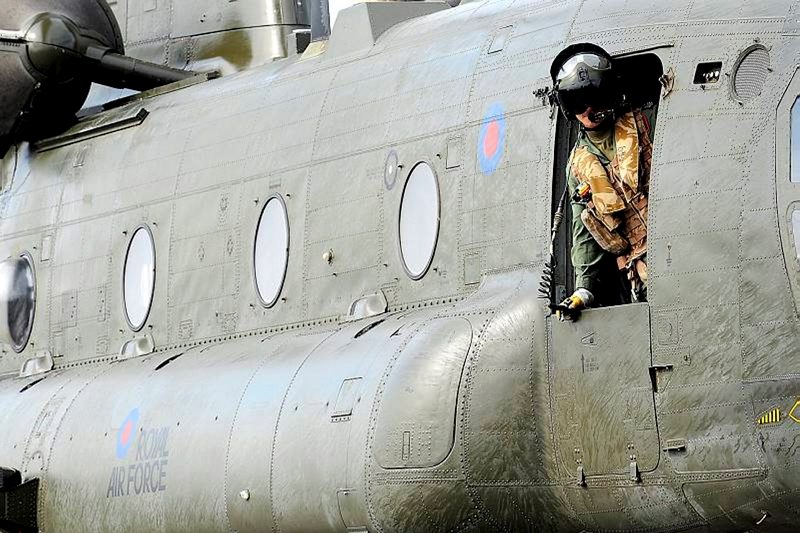CV Writing for Ex-Military Personnel

Leaving military service, and attempting to join the civilian job market, can be a daunting prospect. There are many new considerations, and CV writing can be a serious headache if you’re not used to it. It isn’t surprising that you might feel the need to find help with writing your military to civilian transition CV. How many times have you had to do it in your military career? Thankfully, there are some tried and tested tips on how to impress the civilian head shed.
1. Check out the Competition.
Everyone knows that a fair bit of copying goes on in the military. Everyone is willing to help their friends out when it comes to coursework or the written test, so don’t be afraid of seeing what the civvies are doing. Find some example CVs and study them. Obviously, you’re not going to be copying the skills and qualifications, but you can get some very useful pointers on how to approach layout and content.
The best CVs will jump out at you as being of high quality. You can find a CV impressive before you’ve even read what’s on it. Try to make yours match. If you can stand out from the pile, you’ll stand a better chance of being successful.
2. Stay Relevant.
The chances are that you will have completed a multitude of courses over your military career. There will be things that you are amazingly proud of, and your colleagues at the time might have been impressed too, but people in civvy street won’t have a clue what you’re talking about. Try to keep your qualifications relevant to the job that you’re going for. If you were in the army, and you were a whiz on the GPMG, it might not be a good idea to mention that fact if you’re going for a job in finance. Leave the technical stuff out, but keep the relevant facts in. You are diligent, a dogged learner, and you are used to the stress of assessment.
Try to match the attributes gained from your skills to the job that you are going for. Thinking outside the box will allow you to highlight certain traits that were inherent to your performing in your military job. Many of those traits will be directly transferable even if the skills are not.
You may also be interested in Military Positions and their Civilian Equivalents
3. Avoid Technical Jargon.
If you’re going from being and airframes and engines engineer in the Royal Air Force to being and airframes and engines engineer at British Airways, the chances are that they’re going to be speaking the same language as you. If you’re changing trade altogether, you’re going to want to leave all the abbreviations and acronyms out. If you need to keep the information in your CV, write it properly in order to avoid confusion.
Also, avoid banter, jokes, and unnecessary language. This is a professional document, and while there is plenty of fun to be had within the armed forces, your new civvy colleagues will just have to wait to see what a great sense of humour you have.
4. Include Course Dates.
In the civilian world, companies want to see how far back your job history goes. If you have been in the military for a long time, you will probably only have a couple of employers listed, so ensure that you write out your main course dates. This will show the employer that you have kept a steady flow of self improvement within your job and it will show them that you are more talented than your simple job description might suggest. If you were on a ship for most of your career, your experience might look a little limited. If you were completing courses, suddenly, your time at sea becomes alive with activity.
5. Be Flexible and Patient.
The civilian job market is often saturated. You will need to be willing to keep sending your CV to potential employers, and as every job is slightly different, you will need to be prepared to modify your CV in order to suit each new application. Determination, flexibility, and patience are your allies here. If you keep on top of things, you’ll feel more involved with your own future and your targeted approach should get you results.
There is less “who you know, not what you know” in civvy street, so your CV is going to have to do the talking for you. If you work hard, follow the steps, learn more about selling yourself, and above all, stay positive, you will soon find what you’re looking for.
Image courtesy of https://www.defenceimagery.mod.uk/
